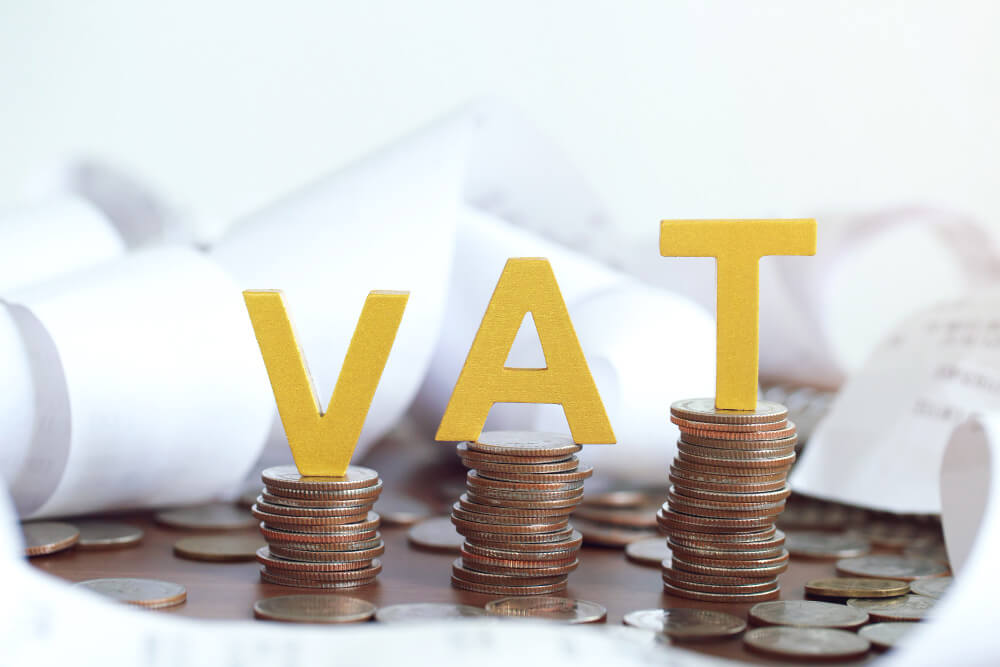Buying a business is excellent if you don’t want to spend your youth building a new venture but creating a unique success story. However, there are no shortcuts to success; your hurdles start from that point whenever you join a business. While purchasing an existing business requires effort and time, plus access to substantial funds can be risky.
If you are seriously considering buying a company, buy a healthy company with a good consumer base. This blog post will help you find the right company to purchase.
Table of Content
9 Tips for buying a business
1. Have a goal
Identifying your need for purchasing a business and setting clear goals is essential.
For example, you might want to set up a business to generate an extra annual income or be interested in a company where you can scale up and add value to the business or others.

2. Choose the right industry
The best business to buy must be from the right industry to help you achieve your goals.
While choosing the right sector, you need to consider three factors:
● Experience
● Money and risk
● Passions and interests
Maybe you always had a wish to own a wizard factory and found there were very few such factories in the market. Ask questions if they have future opportunities or if the trend expired years back.
The best way to identify whether any industry satisfies you is to go and work in your preferred industry for a while. Gain valuable insights that will be easy to implement in your business.
3. Do research
If you search the internet, you will find a dozen companies offering businesses for sale. Spend valuable time researching and finding suitable companies in your sector and geographical location. To buy an online business, consider looking into online broker websites.
4. Have a thorough understanding of the business
Speak with the sellers personally and keep in mind their requests of not disclosing about selling the business to others in the company. Gather the necessary information and ask a few questions.
5. Do a reality check
After collecting all the official and unofficial information, you need to look into the warning signs, if any. No company is perfect; see if you can fix their problems and have the strength to enhance the business.
If the business seems over-reliant on the current owner and employees, you must be ready to lose some talents after their boss. See if your business can survive without them.
6. Get your money sorted
Whether you buy a franchise or business, you must have a budget. See if you have enough finances to purchase the company or look for lenders. They may ask for the complete account details of the business you are willing to buy.
7. Make an offer
Make an offer to the seller and request certain conditions of sale. It can include asking them to stick around for a while to introduce you to customers, and vendors, figuring out the books, and others.
8. Negotiate with seller
Push a deal to the seller and negotiate on different terms to meet your needs.
You then need to go through a process called due diligence, where you verify all the business information handed over by the seller.
Here are a few things to consider:
● Are you buying assets or a business?
If the seller runs a limited company, they buy assets in their company rather than stocks. Buying assets in a business allows you to form a separate company and act as a purchaser. It gives you better tax treatment and keeps you away when the other owner owes money to vendors or is being sued by someone.
● Ask about sales and payroll taxes
Even when you buy a business’s assets, the tax authority may come after you if the seller owes taxes. While you buy and sell a business, make sure all taxes are rightly paid and you have a tax clearance letter in hand. You cannot overlook the tax payments if you buy a small business or medium-sized one.
● Who is responsible for collecting overdue debts?
Some customers may owe money to the business on the closing date; who will collect the debts? It is better to purchase the accounts receivable at closing; that keeps you in a stronger bargaining position when the customer wants additional work or lets the seller collect them when they’re free.
● Is the seller leasing the business premise?
There are chances when a seller can lease premises to conduct their business. In that case, you need to determine how much time remains on the lease term and whether the landlord is ready to let you increase the lease period without a rent increase.
Additionally, if the landlord holds a security deposit, check if the seller includes that amount along with the purchase price.
● Are there any prepaid expenses?
The seller may purchase an annual subscription for advertising but is willing to sell the business in the same year and wants reimbursement for the remaining months. You must ask the seller to list all closing adjustments that they have prepaid so that you can make a budget accordingly.
● Ask for an indemnity from the seller.
During a business purchase, you may tear the seller’s books and records, but that can be a problem in future. The seller may do something before you take over the business and make you face legal action.
Therefore, ask for an indemnity from the seller. It defends you from any lawsuit, and the seller is liable to pay for judgments and fees if anything such happens.
9. Buy the business
After checking all the information, paying the purchase price, and transferring documents to your name, the business is yours!

Wrapping up
When you buy a company, it is always good to seek professional help at every step in the entire process. Ask your accountant and lawyers to understand if buying the company suits your current financial health and is safe. One small mistake in purchasing a business can lead to costly miseries.










Leave a Reply